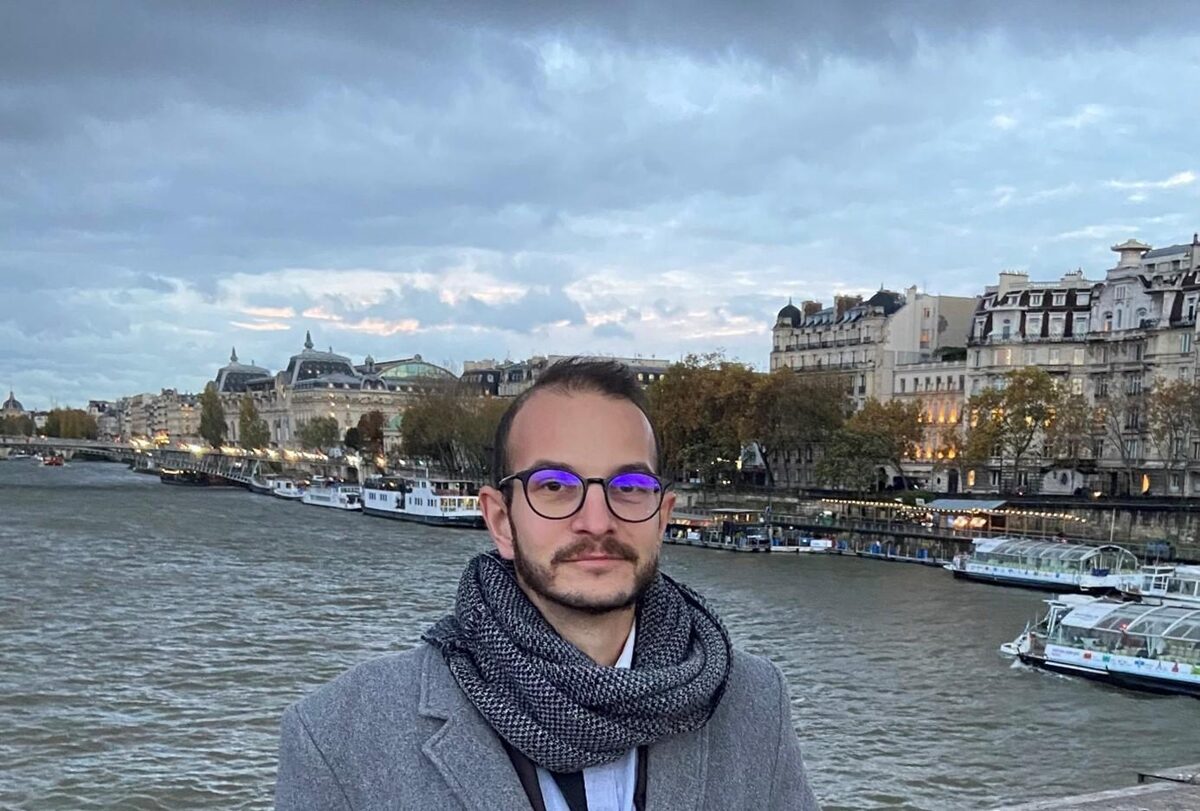About us
Civil Society Organization (CSO), ReStart, o. z. is a non-governmental organisation established for the purpose of developing, supporting systemic changes, and implementing activities to promote and realize the principles, programs, and ideas of restorative justice, as well as to develop and implement probation and its programs within the field of justice. The purpose of the CSO organization is to support systemic changes in the judicial spheres and civil society and to communicate with both the general and professional public.
In line with this purpose, our association is active in areas such as:
-
the creation, implementation, and evaluation of RJ programs and probation programs,
-
the preparation and evaluation of legislative changes in the field of criminal law,
-
the implementation of training, educational activities, scientific research, publishing, and awareness activities,
-
the implementation of professional interventions for individuals who have come into conflict with law, especially for victims, offenders, their family members, affected communities, and victim support organizations,
-
raising awareness among the general and professional public about restorative justice and probation, for example, through media information campaigns,
-
active support and utilization of volunteer work,
-
collaboration with relevant organizations operating in the field of restorative justice and probation at the local, national, and international levels
Our long-term goal and vision is to ensure that everyone who comes into conflict with the justice system (victims, offenders, affected community) has guaranteed access to professional and high-quality restorative justice services. We aim for strategic changes and influencing the state’s criminal policy, which should primarily address the harmful consequences of a committed crime or other anti-social behavior.
The founder and father of the idea and philosophy of restorative justice, Howard Zehr:


